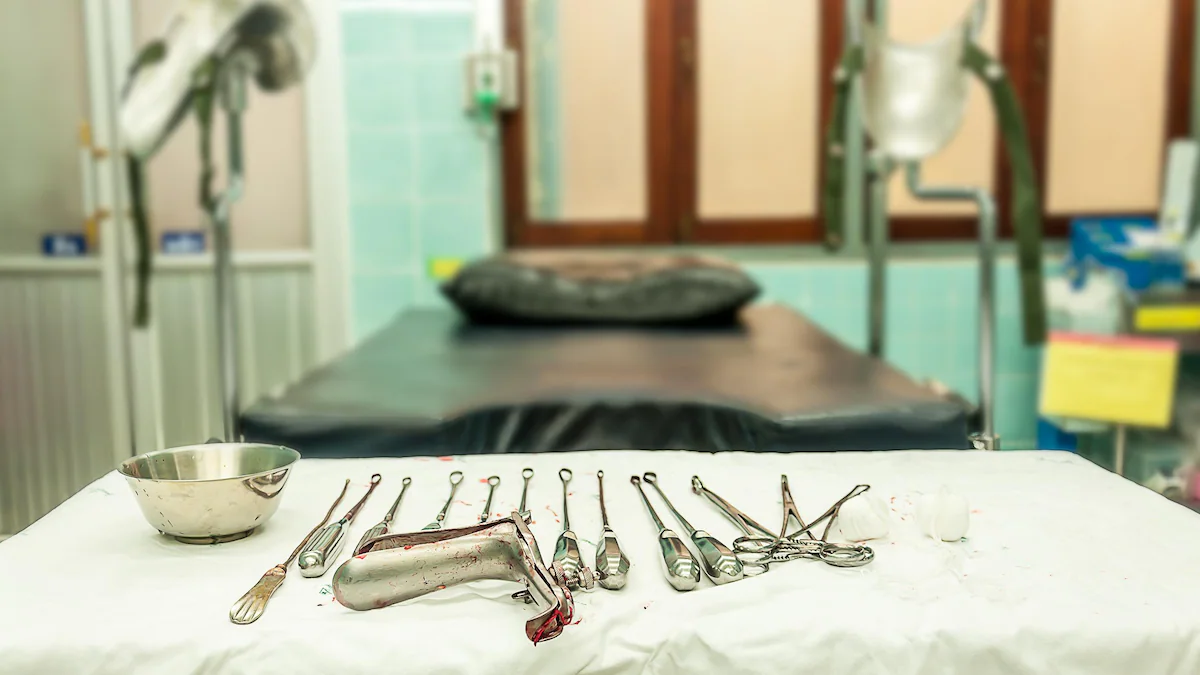Ongoing endeavours

Monitoring of the implementation of the midwifery service in the territory
A sub-committee has been formed to work on issues of access to midwifery services and to monitor the implementation of the service throughout the region. This committee is composed of representatives from each part of the region. In 2020, a status report on the implementation of the midwifery service was drawn up for each RCM in order to determine the progress of its implementation there. Recommendations were made to facilitate its implementation throughout the region.
Here are its main recommendations :
- Set up an interprofessional committee to facilitate the implementation of services;
- Encourage communities to explore the prospects of interprofessional collaboration, particularly to improve the provision of care, promote the pooling of knowledge, avoid duplication of services, and increase the exposure of professionals to childbirth;
- Demystify midwifery, ensure that all professionals involved (GPs, gynaecologists, perinatal nurses, etc.) throughout the region are trained and informed about midwifery and the Midwives Act;
- Reflect on the task of midwives taking into account the low number of births (e.g., related tasks in perinatal or post-natal care, collaboration with nurses, etc.).
- For an unfettered choice, provide a first-stage labour room where women can spend the first moments of their labour. This room could be accessible to women attended by midwives and by obstetricians;
- Consider alternative birthing facilities, outside hospitals, in collaboration with community organisations;
- Put in place the necessary resources to ensure access to home births throughout the week.
- For a smooth return home, explore alternatives for women who wish to stay longer than 4 hours postpartum in hospital;
- Consider a more flexible arrangement (e.g., 24-hour/36-hour hospital admission like all women who give birth in hospital), especially in the context where many women come from far away to give birth in Maria with the assistance of midwives;
- Find a place where women can stay for at least 24 hours after giving birth, especially for those who live far away, for example in the Rocher-Percé and Haute-Gaspésie RCMs.
- Ensure adequate funding by taking into account, among other things, the size of the area to be served and not just the number of births;
- Proceed quickly with the process of hiring midwives for La Côte-de-Gaspé RCM, given the recruitment issues. One of the midwives hired in Gaspé could be responsible for developing the midwifery service and work closely with the midwifery service manager in the Chaleur Bay area. (The hiring process began in March 2023.)
- For a community connection, consult and collaborate with citizen groups and local organisations in order to consolidate and improve existing perinatal services;
- Encourage links with family centres, or any other appropriate community organisations, in order to offer midwifery follow-up outside hospitals.
- Make sure the midwifery service is included in the organisational chart of the CISSS de la Gaspésie and that it remains under the “Children, Youth and Family” branch, as is the case in the vast majority of regions in Quebec;
- Have the Ministry officially announce the midwifery service in Gaspésie, since the service is now officially functional, and make sure the midwifery service is promoted and that information about it is provided to the Gaspé population;
- For better representation of midwives on consultation bodies, create a midwifery council within the CISSS as soon as there are five midwives ( Chaleur Bay area and Gaspé);
- Provide representation on the perinatal committee until midwives join these committees.

Monitoring of disruptions in obstetrical services in the GÎM region
Several breakdowns in obstetrical services in the GÎM region have been observed in recent years. These disruptions force women to travel long distances in order to give birth. Without mentioning the stress and additional logistics that this situation causes women and families in the region, these disruptions weaken the provision of an essential service in a territory that already faces a significant challenge in terms of the distance to be travelled between service points.
Since 2019, the advisory committee has been monitoring and tracking disruptions in obstetrical services in the region.
To communicate information about disruptions in obstetric services, use this form :

Raising awareness on the gynecological and obstetric violences issue
Obstetric violence is defined as “any behavior, act, omission or abstention committed by healthcare personnel, which is not medically justified and/or which is carried out without the free and informed consent of the pregnant woman or parturient.” Lahaye, 2018: 187
Gynecological violence is similar to obstetric violence but can occur outside the context of pregnancy.
The advisory committee is concerned about such violence and the taboo that surrounds it. We believe that getting informed, sharing our stories and getting trained can contribute to a better understanding and wider denunciation of such violence. We’d like to share a few resources with you, designed to raise awareness among both victims and healthcare professionals.
To find out more :
Stop VOG – Stop aux violences obstétricales et gynécologiques – Québec
Testimonies :
Radio Canada, 22 mars 2023 : Des interventions gynécologiques douloureuses faites sans anesthésie | Radio-Canada.ca
Le devoir. 6 mai 2023 : « On en sait trop peu » sur les violences obstétricales, gynécologiques et reproductives | Le Devoir
Radio Canada, 17 mai 2023 : Violences gynécologiques : « J’avais l’impression d’avoir été torturée » | Radio-Canada.ca
Formations :
Formation sur les violences gynécologiques et obstétricales : Nos Formations | Regroupement Naissances Respectées (naissancesrespectees.org)
Cahier de formation, séance 1: Préparation à la formation : concepts de base et réflexions préliminaires
Cahier de formation, séance 2 : L’imbrication des biais et des entraves à la communication dans la culture des VOG
Cahier de formation, séance 3: Réflexion vers une approche de soins et d’intervention bienveillante pour assurer le respect des droits de tou·te·s.